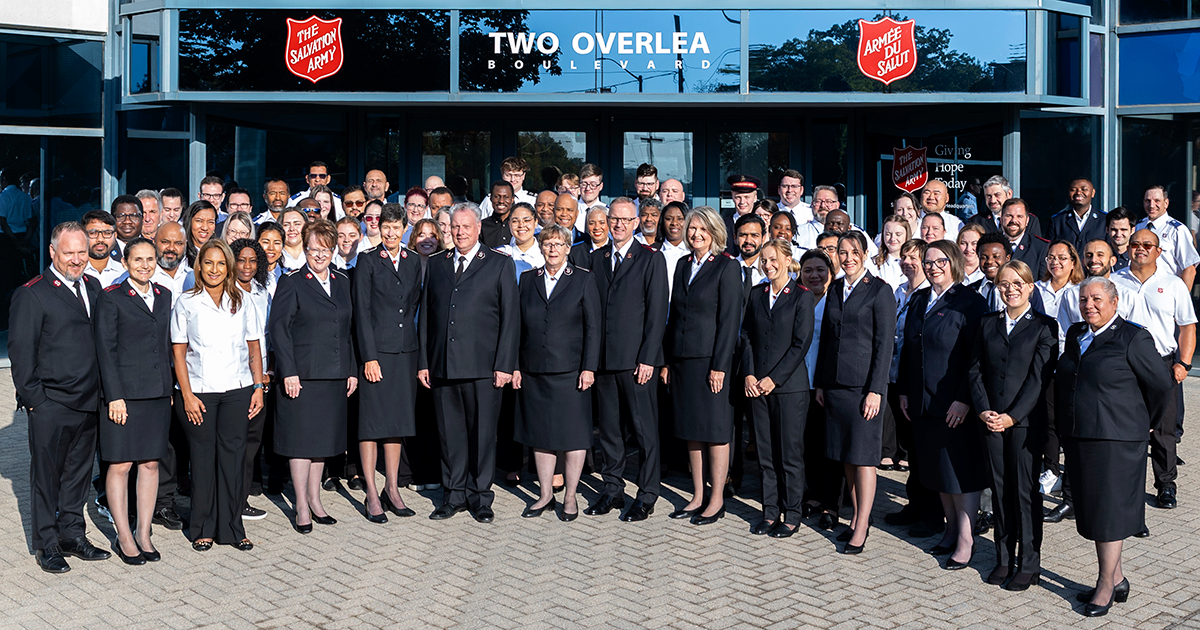In case you hadn’t noticed, there is a lot of negativity in our world today. Not all negativity is bad. Sometimes we need to sit in the discomfort, confront injustice and lament hardship for transformation to occur. But this doesn’t take away from the effect that negativity has on us.
A 2007 study from a university in Slovakia discovered that seeing a list of negative words for a few seconds will make us feel anxious and depressed. The more these words are viewed, the more disruptive the response, affecting appetite, sleep and the ability to experience long-term happiness. A similar study in 1995 found that fear-provoking words, such as poverty, illness and death, stimulate the brain in negative ways and can affect its ability to make important decisions.
This is the reality we have been living in for a long time. Whenever we turn on the news, scroll through our social media feeds or open our email, we are inundated with negativity and crisis. And because of it, each one of us is fighting a battle with negativity that slowly robs us of our ability to respond in meaningful ways to the hurt around us.
In Living With God’s Courage, a Bible study based on Sarah Young’s bestselling book Jesus Calling, Karen Lee-Thorp points out that “those in the media make their money by getting our attention—and they get our attention by reporting news that arouses negative emotions (especially fear and anger). Over time, this constant, fear-based bombardment eats away at our courage and makes us feel helpless in a seemingly out-of-control world. This, in turn, distracts us from the situations where we can make a real difference for the good!”
And we all want to make a real difference for the good, right?
The key, then, is to remember that sometimes we just need a bit of support and help to feel and do better again. We need to balance the negativity that threatens to tear us down with positive words that bring life.
I suggest that what the world needs right now to combat the deluge of negativity and to spur us all toward courageous action is the enlisting of CEOs: chief encouragement officers. And we can all be CEOs.
CEOs recognize that the words they speak are filled with power, and they aim to speak words of hope, encouragement and life to those around them. And just as negative words have a propensity for altering the brain’s ability to enact positive change in the world, positive words can propel the motivational centres of the brain into action.
To encourage literally means to impart courage. Encouragement is not empty flattery, passing praise or common clichés. Rather, it is meant to instil courage into the heart of an individual. Great encouragement provides inspiration, perseverance, confidence and excitement. It can strengthen faith, propel performance and spur one on to good works.
We can encourage ourselves through positive self-talk and the reading of Scripture. We can encourage others by sending an email, a card or a note, by celebrating achievements, by reminding others of God’s promises, by sending a gift or by offering public praise. These are just a few of the many ways to offer encouragement, and Hebrews 3:13 commands us to do this daily, “so that none of you may be hardened by sin’s deceitfulness.” While sin says we don’t measure up, won’t get the job done and that we are weak, encouragement reminds us that we are strong, beloved, worthy and capable.
Everyone needs courage to take action for the good, whether it is standing up for what is right, going against what is popular or reaching out to those who might reject them. Consider how you might encourage someone today, and in doing so become a CEO—a chief encouragement officer—to those around you.
Captain Laura Van Schaick is the divisional secretary for women’s ministries in the Ontario Division.
Illustration: VectorStory/iStock via Getty Images Plus
A 2007 study from a university in Slovakia discovered that seeing a list of negative words for a few seconds will make us feel anxious and depressed. The more these words are viewed, the more disruptive the response, affecting appetite, sleep and the ability to experience long-term happiness. A similar study in 1995 found that fear-provoking words, such as poverty, illness and death, stimulate the brain in negative ways and can affect its ability to make important decisions.
This is the reality we have been living in for a long time. Whenever we turn on the news, scroll through our social media feeds or open our email, we are inundated with negativity and crisis. And because of it, each one of us is fighting a battle with negativity that slowly robs us of our ability to respond in meaningful ways to the hurt around us.
In Living With God’s Courage, a Bible study based on Sarah Young’s bestselling book Jesus Calling, Karen Lee-Thorp points out that “those in the media make their money by getting our attention—and they get our attention by reporting news that arouses negative emotions (especially fear and anger). Over time, this constant, fear-based bombardment eats away at our courage and makes us feel helpless in a seemingly out-of-control world. This, in turn, distracts us from the situations where we can make a real difference for the good!”
And we all want to make a real difference for the good, right?
The key, then, is to remember that sometimes we just need a bit of support and help to feel and do better again. We need to balance the negativity that threatens to tear us down with positive words that bring life.
Encouragement is not empty flattery, passing praise or common clichés. Rather, it is meant to instil courage into the heart of an individual.Proverbs 18:21 reminds us that words have the power to bring life or death. Words can build up or tear down, discourage or encourage.
I suggest that what the world needs right now to combat the deluge of negativity and to spur us all toward courageous action is the enlisting of CEOs: chief encouragement officers. And we can all be CEOs.
CEOs recognize that the words they speak are filled with power, and they aim to speak words of hope, encouragement and life to those around them. And just as negative words have a propensity for altering the brain’s ability to enact positive change in the world, positive words can propel the motivational centres of the brain into action.
To encourage literally means to impart courage. Encouragement is not empty flattery, passing praise or common clichés. Rather, it is meant to instil courage into the heart of an individual. Great encouragement provides inspiration, perseverance, confidence and excitement. It can strengthen faith, propel performance and spur one on to good works.
We can encourage ourselves through positive self-talk and the reading of Scripture. We can encourage others by sending an email, a card or a note, by celebrating achievements, by reminding others of God’s promises, by sending a gift or by offering public praise. These are just a few of the many ways to offer encouragement, and Hebrews 3:13 commands us to do this daily, “so that none of you may be hardened by sin’s deceitfulness.” While sin says we don’t measure up, won’t get the job done and that we are weak, encouragement reminds us that we are strong, beloved, worthy and capable.
Everyone needs courage to take action for the good, whether it is standing up for what is right, going against what is popular or reaching out to those who might reject them. Consider how you might encourage someone today, and in doing so become a CEO—a chief encouragement officer—to those around you.
Captain Laura Van Schaick is the divisional secretary for women’s ministries in the Ontario Division.
Illustration: VectorStory/iStock via Getty Images Plus










Leave a Comment